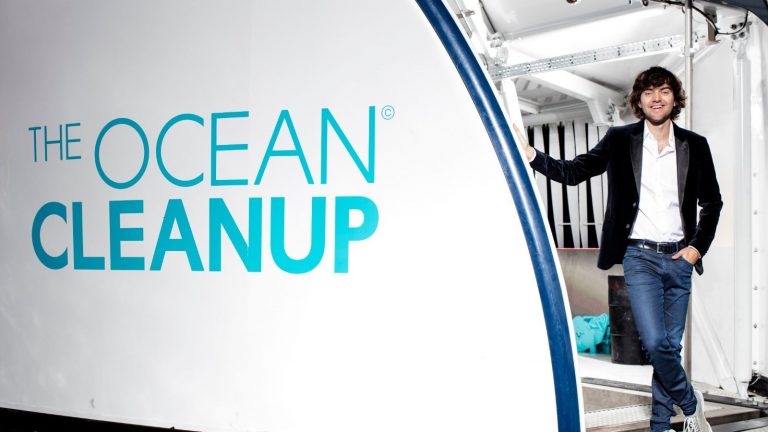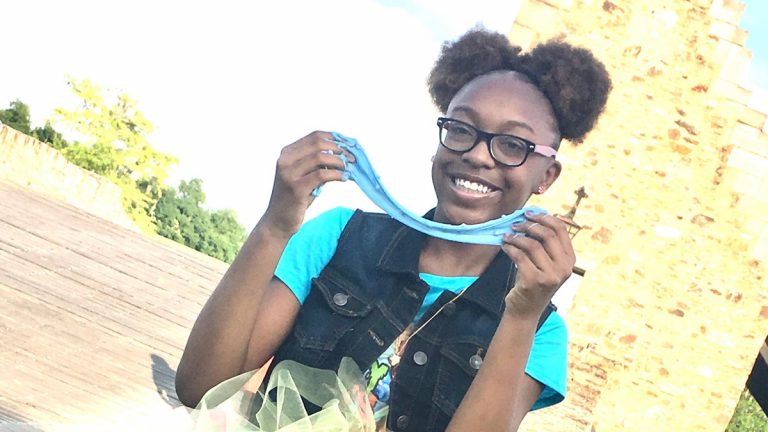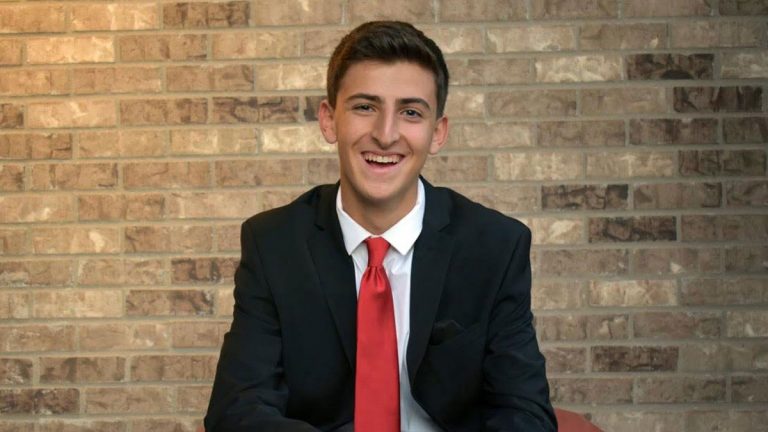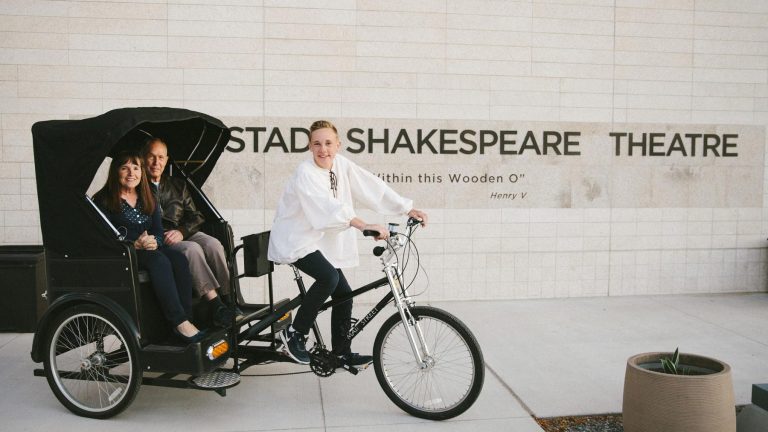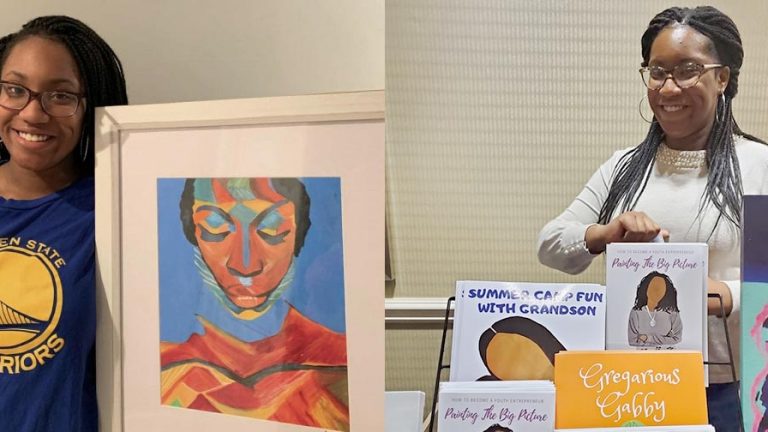Maxx Yung is the winner of the 2023 Rising Innovator Scholarship.
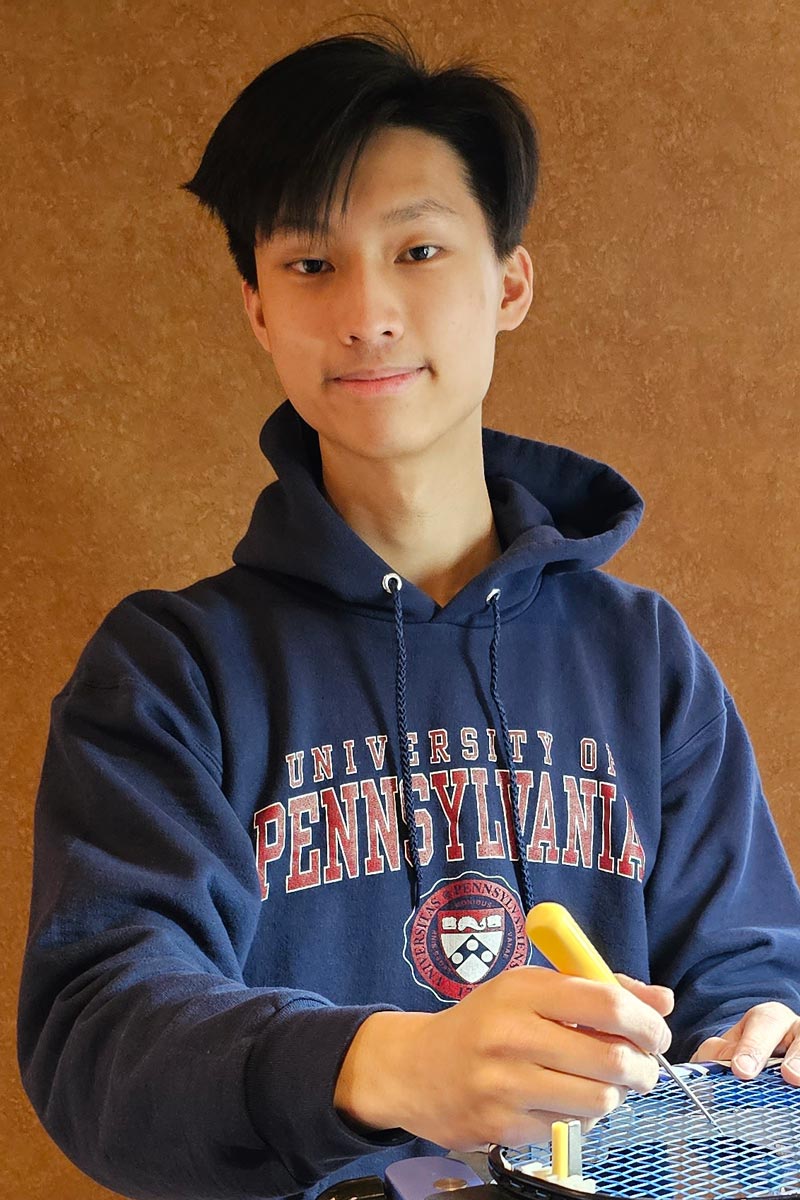
Hello! I’m Maxx Yung, a senior at Roslyn High School in Roslyn Heights, New York. Besides captaining my school’s varsity badminton team, I also string rackets, captain the Science Olympiad and Science Quiz Bowl teams, conduct research at Old Westbury University and the University of Pennsylvania and work on my engineering projects. After high school, I plan to pursue a dual degree in Bioengineering at SEAS and Management at Wharton at the University of Pennsylvania. I have two goals for the future. First, I want to expand upon my internationally recognized research on a therapeutic molecule for Alzheimer’s. I hope to work alongside my peers to eradicate the currently untreatable Alzheimer’s Disease within the century. Secondly, I aspire to launch a startup revolving around neuromorphic computing, which will revolutionize the 1940s von Neumann computer architecture that all of our devices are currently based upon, bringing increased energy efficiency without sacrificing computing power.
By Maxx Yung
I first dabbled in entrepreneurship in 4th grade. “Want to buy my erasers? They’re good and cheap!” I would ask my classmates. Unfortunately, that side hustle flopped; everyone but my best friends declined. In 5th grade, I had my next (not so) brilliant idea: I spent a weekend cutting printer paper into bookmarks, painting different designs on each, then laminating them at Staples. Excitedly, I asked my classmates the next day if they were interested in my handmade bookmarks. Yet again, all but my best friends declined. Dejected, I gave up on entrepreneurship.
Unlike my younger self, my father was extremely involved in the entrepreneurial world. As a teenage immigrant, my father grew up poor and was bullied constantly due to his broken English. Still, he persevered and became a pharmacist. Yet, it was only when my grandmother became diagnosed with Alzheimer’s when my father became intensely driven to start his own pharmacy. For years, my father had seen many individuals unable to receive the medications they needed or seek the support of pharmacists for their individualized conditions. Thus, he was willing to risk opening his own pharmacy that will specialize in individual patient care.
My mother was concerned about the risks of opening a pharmacy. After all, my father had a steady job that provided for the six of us in his family. “What if it fails?” my mother asked repeatedly. But my father was determined. Between shifts at the pharmacy, he would learn anything he could about entrepreneurship. At home, he would ask me to pronounce English words to him, and before bed, he would read books like “What They Teach You At The Wharton Business School.” It was hard work, but it paid off. Almost a decade later, my father now runs the largest pharmacy chain in Flushing, New York.
In my freshman year, I joined the varsity badminton team and immediately noticed a huge problem. You see, badminton (and other racket sports like tennis) relies on string power. The issue was, due to the scarcity of badminton stringers in my area and expensive stringing costs, the varsity team always played with worn out strings. As an avid badminton enthusiast, I wanted to help my team, and so I took on the challenge of learning badminton stringing.
In the summer of sophomore year, I raised over $600, bought a stringing machine, and scoured badmintoncentral.com’s forums incessantly to learn the different string and weave patterns. As I wove the rubbery strings between my fingers tens of thousands of times, I slowly became proficient enough to offer my stringing services to my varsity team. At a bargain price of only $15 compared to the $30 charged by “stringing professionals” located 20 or more miles away, this time, most of the members on the badminton team did not decline my offer. Soon, I expanded my badminton stringing service to the girl’s team, then the neighboring school’s varsity team, then badminton clubs around New York City and Long Island. Two years later, I have strung hundreds of rackets across the New York City and Long Island region with over $2,000 in profits.
Last year, I joined a Flushing seniors badminton club of predominantly non-English speaking, low-income Chinese immigrants. I will never forget when I was asked, “Maxx, how can you only charge $15 instead of $30?” “Simple,” I replied, “I love badminton. And so I want to promote this sport to more people around the United States. It’s obvious why it’s unpopular — it’s too expensive! While tennis courts are readily available at many parks, badminton courts in our area are $80 per hour, per court! As an active badminton stringer, it’s my responsibility to keep my services low and spread the love of the sport. It’s not about the money. That’s how and why I can charge my services so low.” And with that, I convinced everyone who wanted their racket strung to come to me. And I’ll never forget their joy when I gave back their freshly strung rackets. Because to them, it’s not just a recreational sport. It’s their childhood, their memories of home. It’s a place in a foreign country where they feel familiar.
To me, entrepreneurship isn’t limited to those who studied at the #1 business school — the Wharton Business School. My father, who barely passed college, is living proof of that. To me, an entrepreneur isn’t just a person who “consolidates the four factors of production and risk” as my AP macroeconomics teacher taught me (don’t get me wrong, he is an amazing teacher). To me, entrepreneurship doesn’t mean creating the next world-changing business idea. Heck, to me, entrepreneurship isn’t even about selling a product.
Entrepreneurship is about selling a passion. It’s about selling your whys, your beliefs, your values. Looking back, it’s clear to me. Nine years ago, when I first sold my erasers and bookmarks, I was selling a product that I thought would be useful for my customers, which was why it failed. I naively thought entrepreneurship was constructed on the foundation of a product. Now, I understand that successful entrepreneurs sell an idea and construct their business around a belief. My father’s belief in affordable, specialized pharmaceutical healthcare for all. My belief in spreading the joys of badminton to more people in my community through affordable stringing costs. Ultimately, through my failures and successes, I’ve learned that people buy products to show others what they believe in. So to me, being an entrepreneur is having the passion with the capability to sell the “why”. Being an entrepreneur is being able to have customers who believe what you believe in.
Learn more about the Rising Innovator Scholarship.
